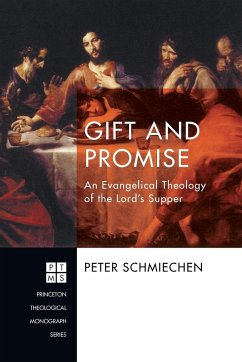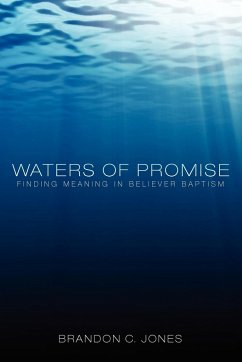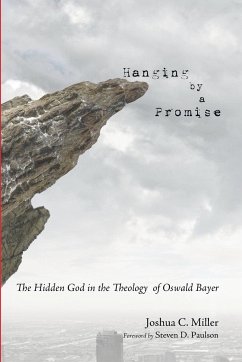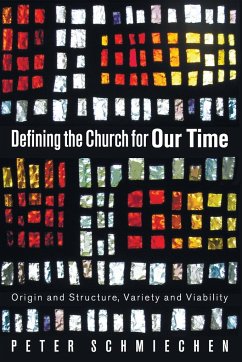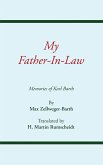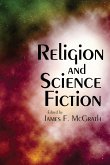What would happen if the liturgy for the Lord's Supper started with the images in the New Testament rather than the divisions of our past? It would be like going through an open door into a new world. There we would find a new Passover celebration, a new covenant, and remembrance and proclamation of Jesus' death and resurrection--all in the context of the kingdom of God. It would be an evangelical Lord's Supper. This is a high-risk operation, given the reliance by many on transactional sacrifice and the tendency to reduce the Supper to a sacrament of penance for individuals. Ideas rejected by Luther and Calvin now reappear even among Protestants. The goal cannot be reached by subtracting a few things and adding references to eschatology and joy. The good news is that many churches have already taken steps to reform their liturgies. To support that process, here is a clear and consistent evangelical perspective, based on the theology and biblical considerations that have formed our faith and practice.
Hinweis: Dieser Artikel kann nur an eine deutsche Lieferadresse ausgeliefert werden.
Hinweis: Dieser Artikel kann nur an eine deutsche Lieferadresse ausgeliefert werden.

